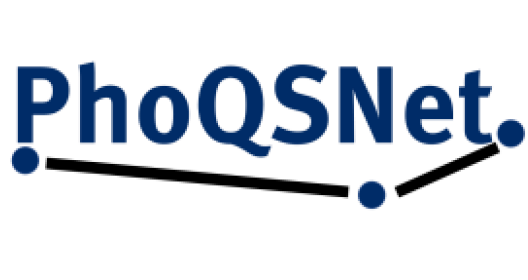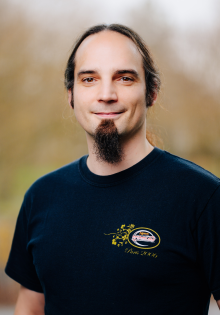Paderborn University receives funding from German Research Foundation
Quantum technologies are a focus of research worldwide, and an indispensable tool for exploring underlying phenomena used in imaging research for the scientific development of quantum communication systems. The German Research Foundation (DFG) has now approved two major instrumentation initiatives to address such applications. In its “Quantum Communication Development Environment” (QCDE) major instrumentation initiative, it is funding four proposals nationwide. One of the projects to benefit from this funding is being led by Professor Klaus Jöns from Paderborn University. The research project “Photonic Quantum Systems Network - PhoQSNET” is to receive funding to the tune of approximately €2 million for a period of five years.
The vast majority of approaches in the field of quantum communication have to date been developed with the aid of highly specialised laboratory set-ups. According to the DFG, the QCDE major instrumentation initiative is intended to be a first step towards standardising sources, transmission and detection, to provide researchers with access to standardised QCDE that allow for research on communication protocols and potential applications. The DFG initiative is a funding tool to support the acquisition of expensive major equipment with outstanding, innovative technology, with the goal of addressing particular scientific issues.
The aim of the PhoQSNet project is to develop a research infrastructure for quantum communication in a real urban environment. To this end, a three-node quantum network is to be set up between two university buildings on campus and one on the Heinz-Nixdorf Campus in Paderborn. “Our vision is an additive, scalable network that builds on the existing telecommunications infrastructure with nodes that comprise a standardised, modular toolbox with the necessary components to implement a multitude of quantum communication protocols,” explains Jöns. These components are quantum light sources (single photons, entangled photons and squeezed states), modulators (phase, polarisation) and detectors (single photon counters, homodyne detectors). The protocols themselves will be the subject of on-going and future projects within the newly established interdisciplinary Institute for Photonic Quantum Systems (PhoQS) in Paderborn. The modules must meet the strictest requirements to enable the complex physical processes: “This means maximising overall efficiency and minimising noise. They also need to meet the requirements of the real world, i.e. take up little space, entail minimal operating costs and demonstrate long-term stability,” says Jöns.
From the Faculty of Computer Science, Electrical Engineering and Mathematics, Prof. Dr.-Ing. Christoph Scheytt is one of the main applicants and Prof. Dr. Johannes Blömer, Prof. Dr. Sevag Gharibian and Prof. Dr. Jens Förstner are also involved.


